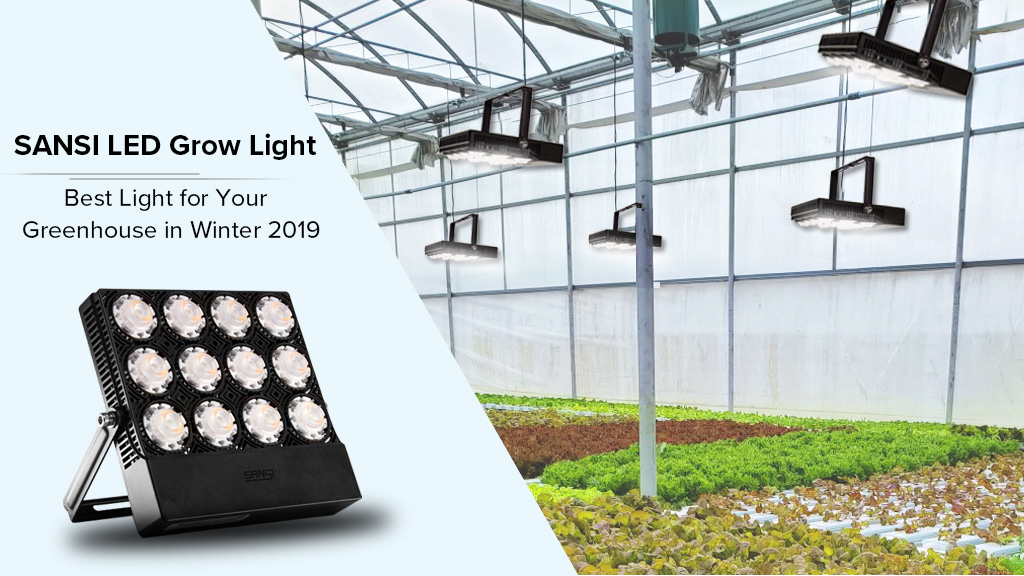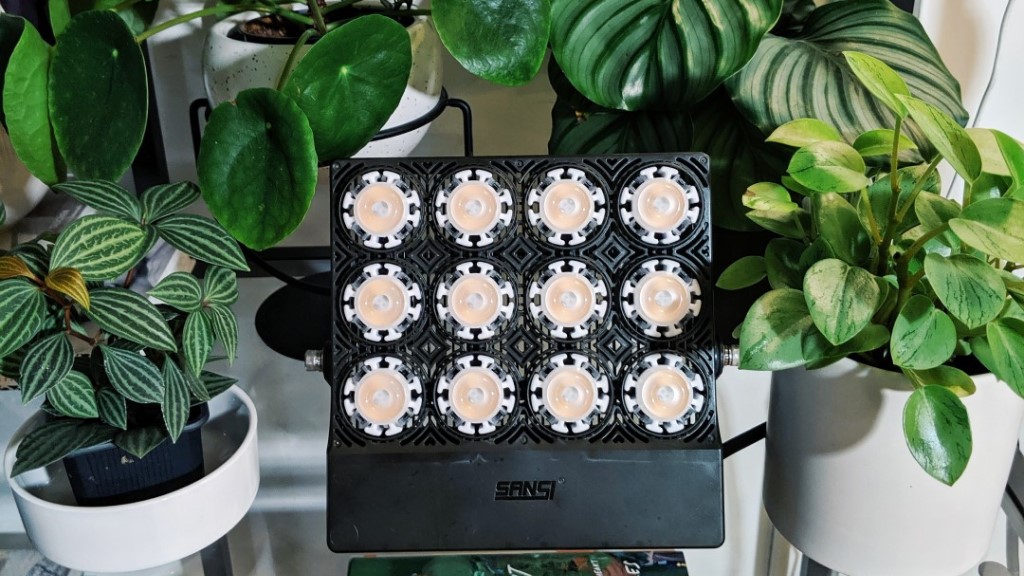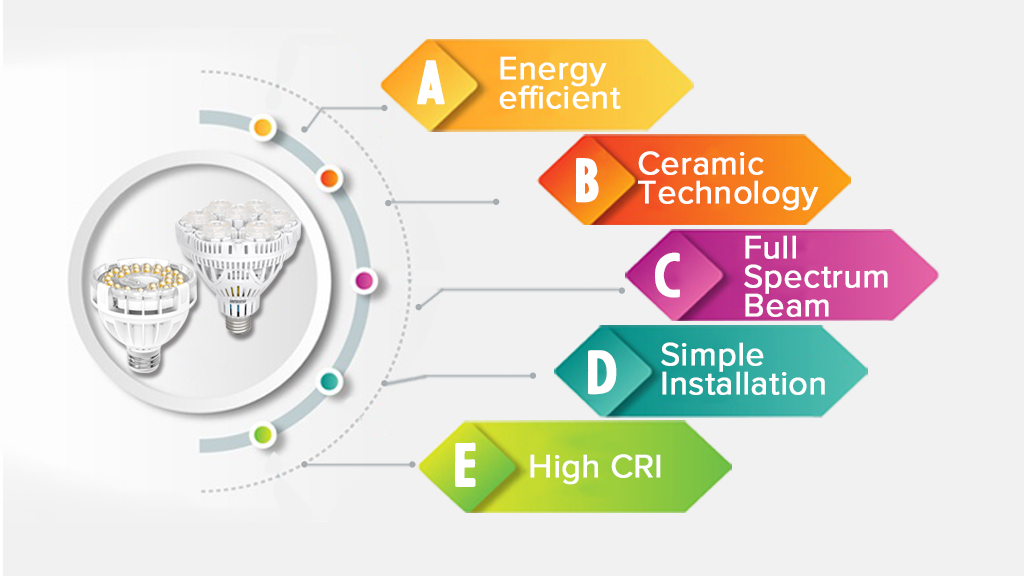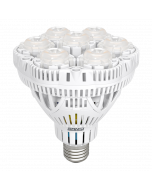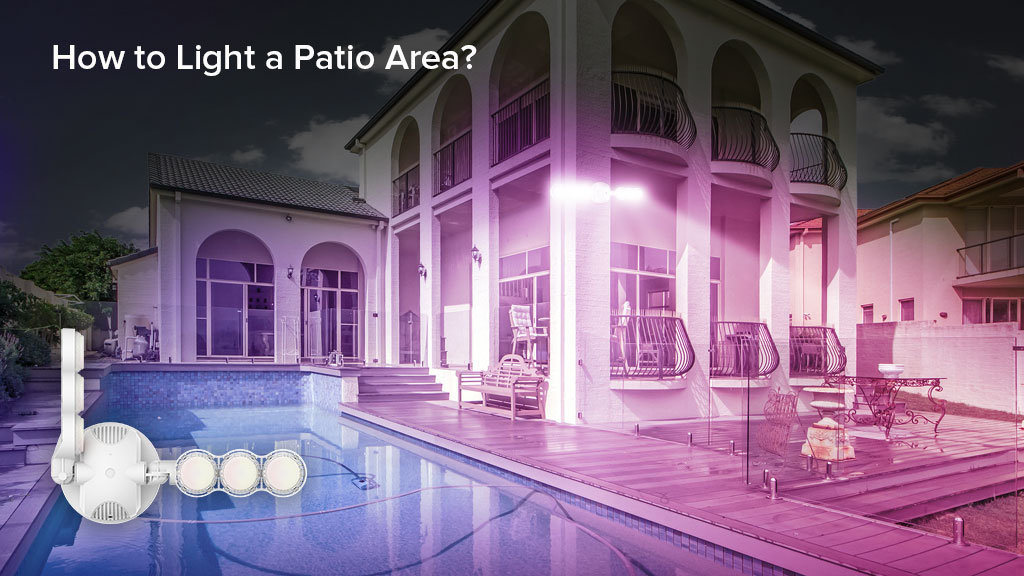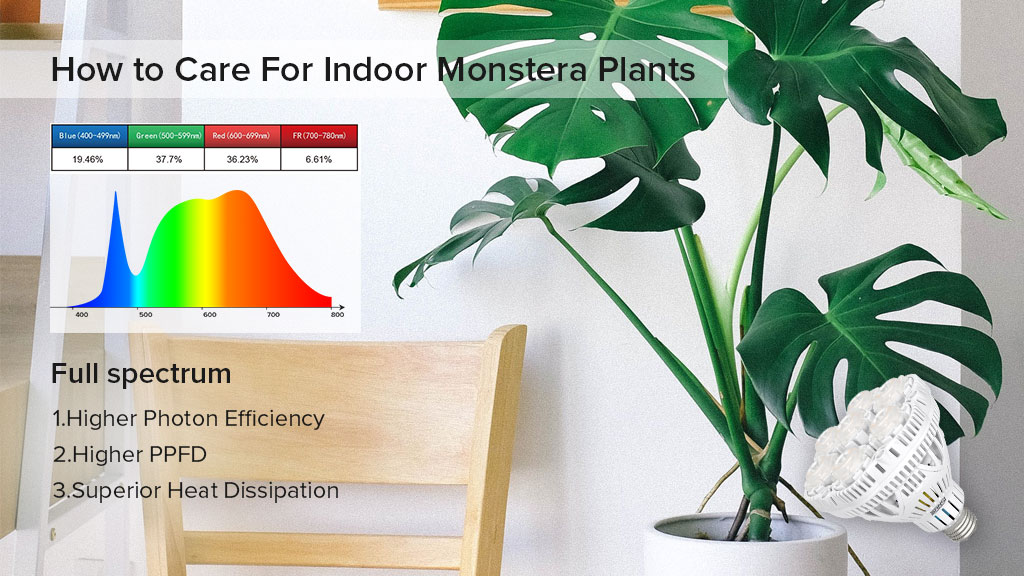How To Grow Indoor High Light Plants Easier In 2019
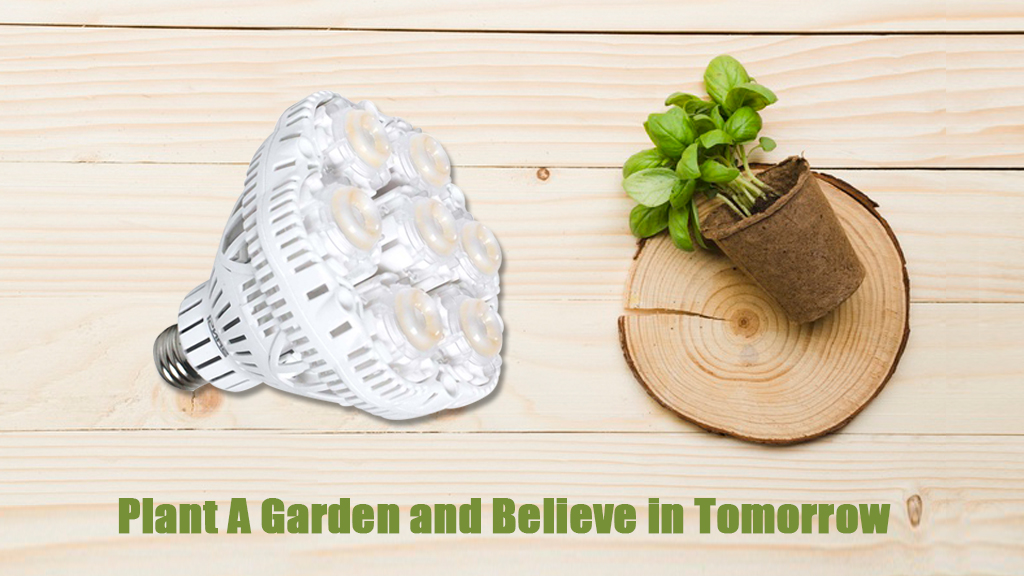
High light plants require a large amount of sunlight to grow. Although they’re incredibly common to see outside, a lot of people are not completely sure which plants are and are not high light plants. So we will list a few below: Pansies, chrysanthemums, roses, carnations, aloe, jasmine, bougainvillea, sunflowers, etc... are all high light plants.
However, there are a lot of places and times of the year when sunshine is not as frequent as these plants would hope. This lack of sun can cause some big problems for these types of plants and can lead to yellow leaves, petals falling off or the flowering period being delayed. To see these plants struggling is tough and if you own any high light plants, you will have to look for a solution.
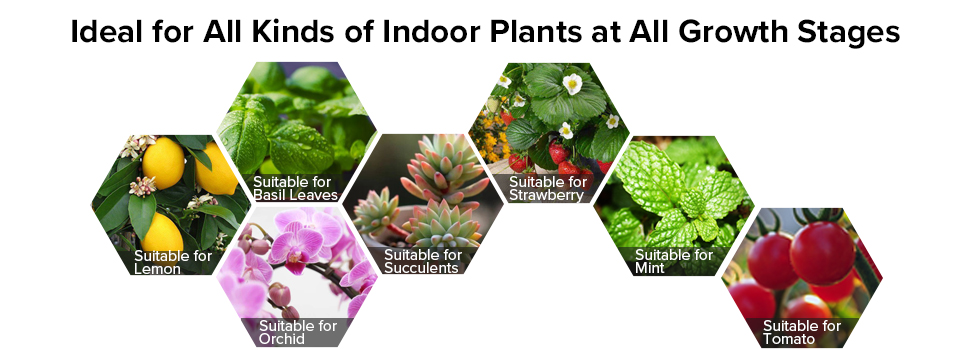
To solve this problem, the key is to replicate the most natural environment as possible for these plants to grow. Providing these plants with a light that replicates natural sunlight that can be on and perform well as long as they need.
LED grow lights, giving plants energy
The high light plants can grow lush and strong while producing beautiful bright colors.
Product parameters
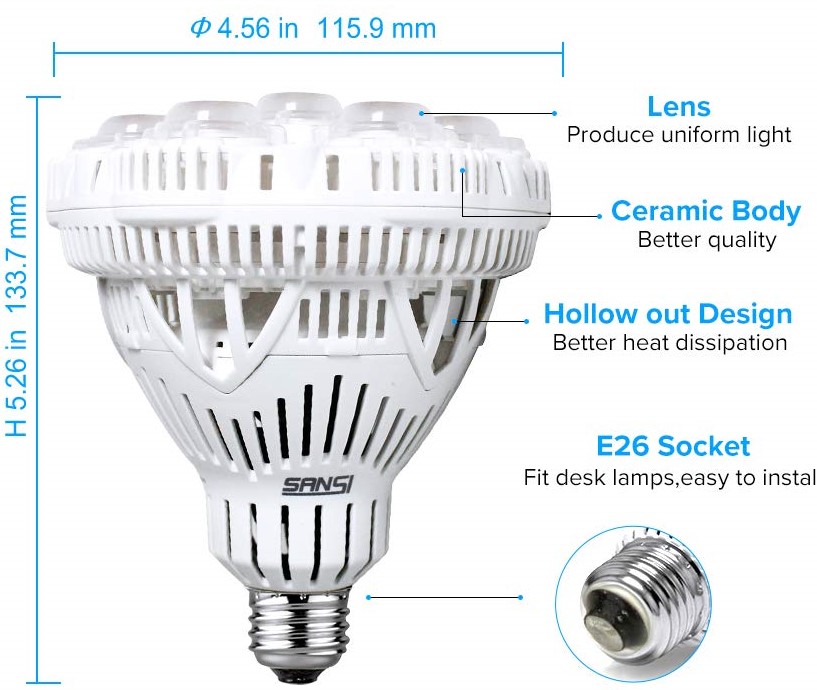 |
Specifications: Power: 36W Input Voltage: 90-132 Vac 60Hz Luminous flux: 2700lm IP Rating: IP20 |
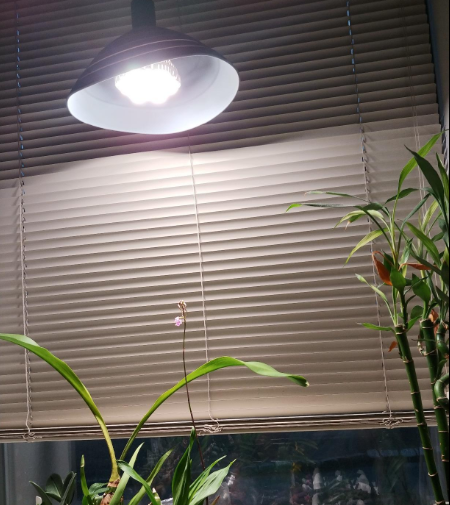 |
Features
The main feature of this light is its full spectrum beam. Each LED chip within this bulb produces a beam composed of blue, green, yellow and red. Meaning that it is replicating natural sunlight while saving you costs!
Plants and the Light spectrum
Different plants have different requirements for spectroscopy. By approaching their spectroscopy scientifically, you can manage their growth better. Red light promotes the growth of plant roots, carbohydrate synthesis, the formation of fruit and vitamin C, and sugar, but inhibits oxygen assimilation. Blue light is necessary to complement the red light’s quality and effect on plants. Blue light is beneficial to the synthesis of high oxides, including stomatal control and stem growth. Overall, leading to stronger healthier stems.
Wavelengths of light
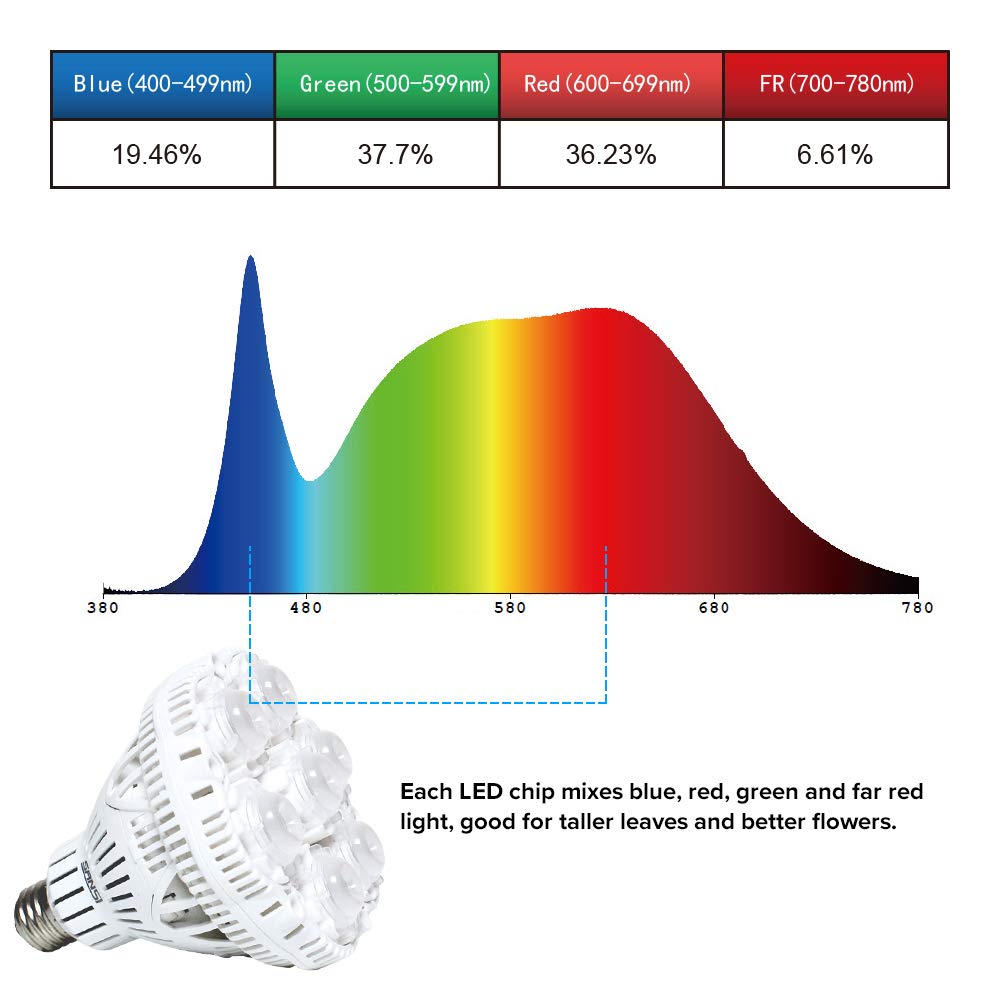 |
The 36W SANSI Grow Light uses red light (600nm-699nm) and the blue light band (400nm-490nm) which have the greatest influence on plants. As you can see that plant’s leaves and stems never appear red or blue it shows these two light spectrums are absorbed by the plants most. They promote growth, the production of chlorophyll and this will promote the plant to grow. IR 760-780nm, 380-400nm UV & purple rays, 500-599nm of Greenlight. IR is good for the flowering and stems of plants accelerating both. UV and purple light are good for forming pigments and vitamin D within the plant. |
Uniform illumination for evenly grown plants
SANSI intelligent plant growth lamp uses an excellent optical design, the central light intensity is close to the surrounding light intensity, the spectral ratio is even, and the plant is rejected.
Ceramic heat dissipation technology for long service life
The 36W Grow Light uses a honeycomb design and high-quality ceramic sintered at 1600 °C. The independent ceramic heat sinks are the main body of the lamp, which outperforms the traditional use of aluminum substrates. The heat sinks of this grow light dissipate heat efficiently and provide a stable performance while prolonging the product’s lifespan.
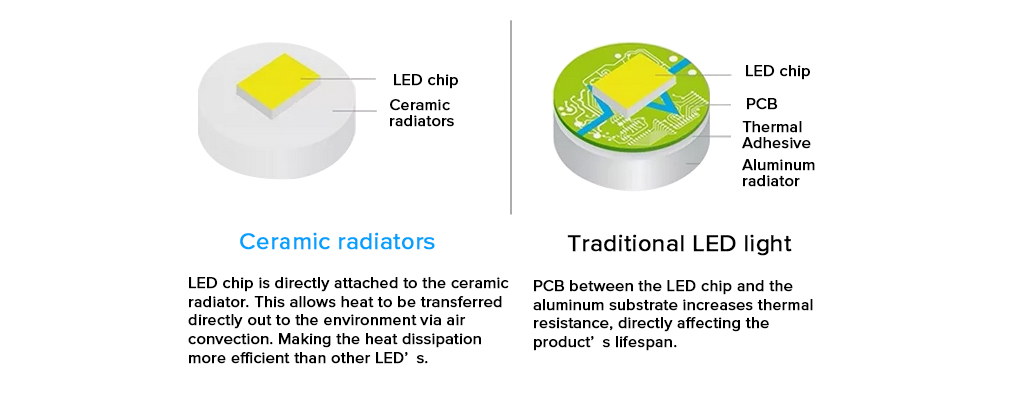
The 36W SANSI Grow Light is a game-changer for indoor gardening. It replicates natural daylight within your home providing a full spectrum beam for your plants for however long they need! The best thing about this light is that its efficient heat dissipation allows it to be used for high light plants while not losing any lifespan or creating a hot indoor environment. These lights are great and they’re fantastic for plants that require long periods of light indoors!




